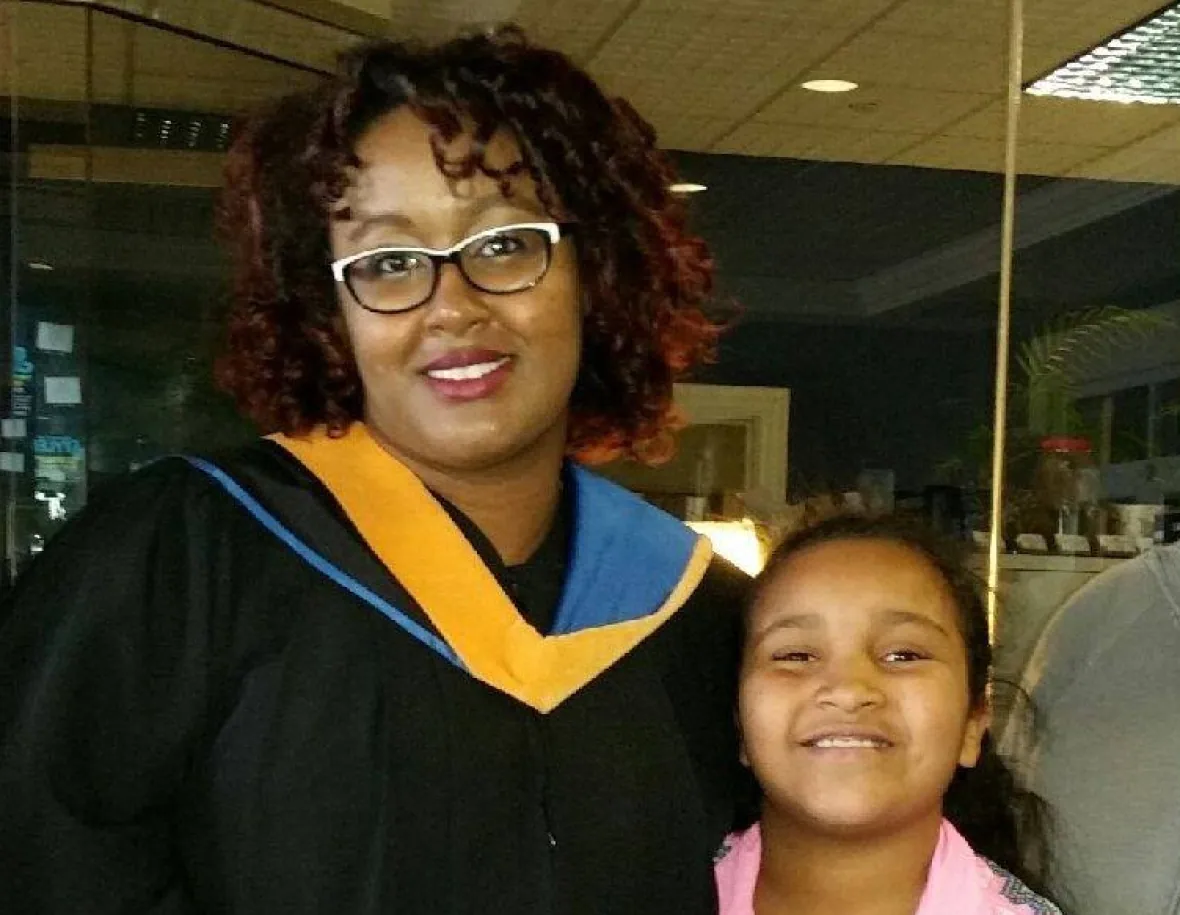November 2, 2021
-CBC
A former Canadian soldier who fatally shot three members of his family and then himself was aware of what he was doing and would have been considered criminally responsible for his actions had he survived, a forensic psychiatrist testified Tuesday at a Nova Scotia fatality inquiry.
Scott Theriault performed a psychological autopsy on Lionel Desmond for the inquiry investigating the deaths of the Desmond family.
He found that the 33-year-old Afghanistan veteran’s chronic post-traumatic stress disorder symptoms did not prevent him from knowing that his actions on Jan. 3, 2017, were both morally wrong and would have been fatal.
That day, Desmond fatally shot his wife, Shanna, their 10-year-old daughter, Aaliyah, and his mother, Brenda, inside a home in Upper Big Tracadie, N.S., before turning the gun on himself.
Desmond had been released less than five months prior from a psychiatric in-patient program for veterans in Montreal. His treatment team at Ste. Anne’s Hospital has testified he made only minor improvements in stabilizing some of the symptoms of his complex post-traumatic stress disorder, including his ability to regulate anger.
Theriault is an expert witness at the inquiry in Port Hawkesbury, N.S., which is looking at how prevent future deaths like those of the Desmond family.
Diagnosed in 2011
Some of the key questions the inquiry has been seeking answers to include whether Shanna, Aaliyah and Brenda Desmond had access to appropriate domestic violence intervention.
The inquiry has also heard from many witnesses over 20 months of intermittent hearings about the difficulties Lionel Desmond had in accessing care at the end of his life.
Theriault agreed with the opinion of psychiatrist Ian Slayter that the former soldier’s condition had further deteriorated following his discharge from Ste. Anne’s Hospital. Slayter saw Desmond after he showed up at an emergency room in Antigonish, N.S., in October 2016.
Desmond was first diagnosed with post-traumatic stress disorder in 2011, four years after returning home from a seven-month tour in Afghanistan.
Despite treatment, he never recovered to a point where he was able to remain in the military. In 2015, he was medically discharged.




